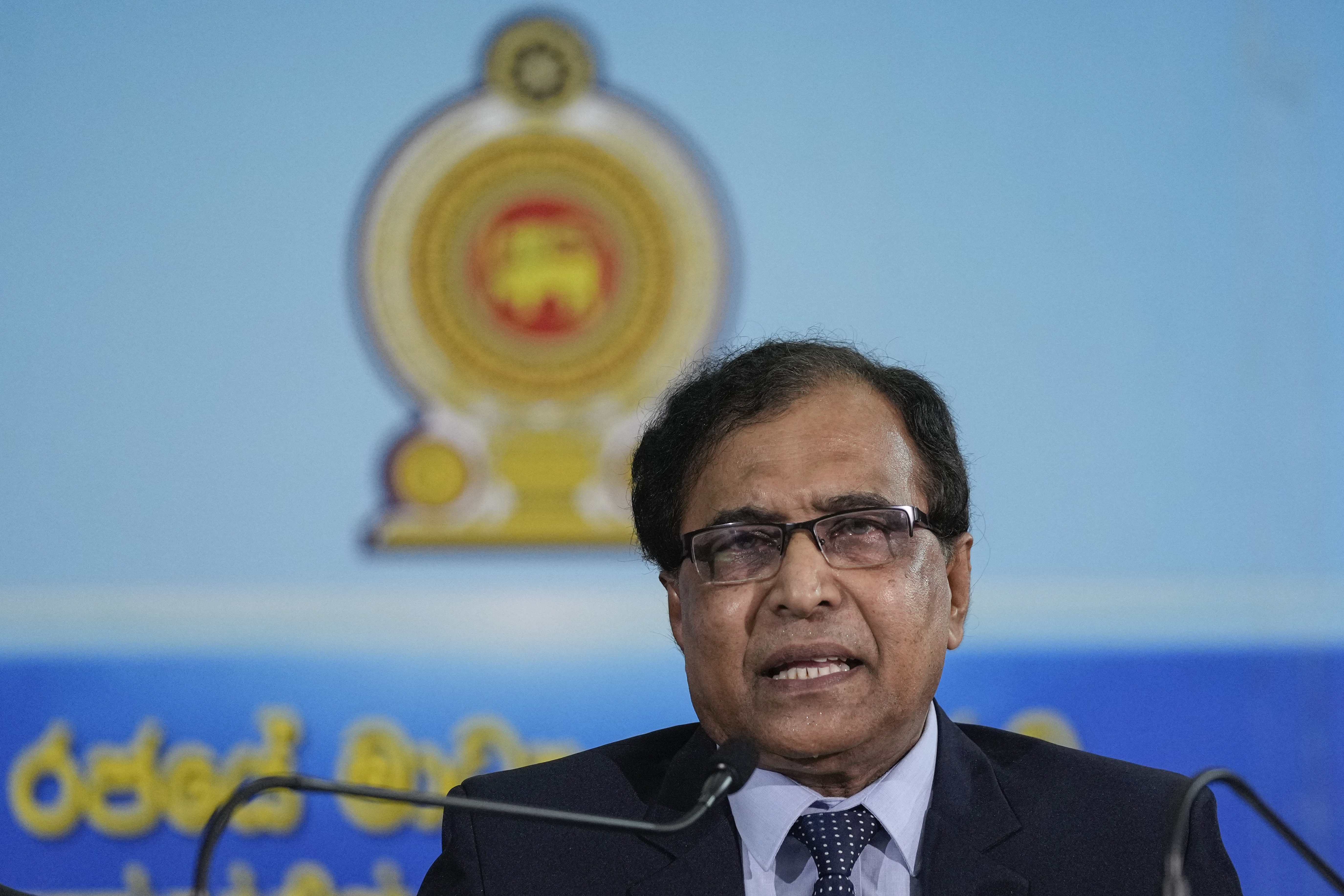
The postal voting for Sri Lanka's parliamentary election had its final designated day on Monday, 10 days ahead of the general election under the new government.
According to Sri Lanka’s Election Commission, postal voting began on Oct 30 across polling centers nationwide, and continued on Nov 1 and Nov 4.
The parliamentary election of Sri Lanka is set for Nov 14, with the newly elected parliament scheduled to convene on Nov 21.
Votes were casted at designated government institutions, including police stations, district secretariats, and district election offices.
Government officials who were unable to cast their postal vote on the designated days will have an additional opportunity to cast their votes on Nov 7 or 8, the EC said.
ALSO READ: Sri Lanka begins accepting nominations for parliamentary election
Sri Lanka only allows postal voting for government employees. According to Election Commission Chairman R.M.A.L. Rathnayake, the commission received 759,210 applications for postal voting, with 20,551 applications rejected, which means around 730,000 government employees were eligible for the postal voting.
Sri Lanka's parliament consists of 225 members, with 196 elected through direct votes and the remaining 29 appointed via a national list, based on the proportion of votes each political party or independent group secures in the parliamentary election.
The country last held its parliamentary election in 2020. According to the EC, steps will be taken to hold the local government elections soon after the parliamentary election concludes in November.
The decision was taken in compliance with a Supreme Court order issued in August 2024 that directed the commission to hold the local government elections, which were postponed in 2023 due to lack of funds.
ALSO READ: Sri Lanka to seek BRICS membership at upcoming summit in Russia
Sri Lankan election officials began accepting nominations for the upcoming parliamentary election on Oct 4, and nominations were accepted at district secretaries' offices in the country’s 22 electoral districts until noon on Oct 11.
The EC said last month that it has banned opinion polls during the parliamentary election period, and has set the upper limits for campaign expenses for candidates in the parliamentary election.
During a press briefing, Commissioner General of Elections Saman Sri Ratnayake noted that the decision was made to prevent the manipulation of public opinion in the lead-up to the election scheduled for Nov 14.
Sri Lanka's President Anura Kumara Dissanayake dissolved the parliament through an extraordinary gazette notification in September. Dissanayake won the presidential election held on Sept 21 by obtaining approximately 5.7 million votes, and was later sworn in as the ninth executive president of Sri Lanka.
In his inaugural address, the president said his administration will face many challenges and that his main task is to create a new political culture. He said that he will work with experts and make optimum decisions for the country.
Dissanayake appointed a new cabinet of ministers on Sept 24, with Prime Minister Harini Amarasuriya, lawmaker Vijitha Herath and himself taking on cabinet portfolios.
With Xinhua inputs


